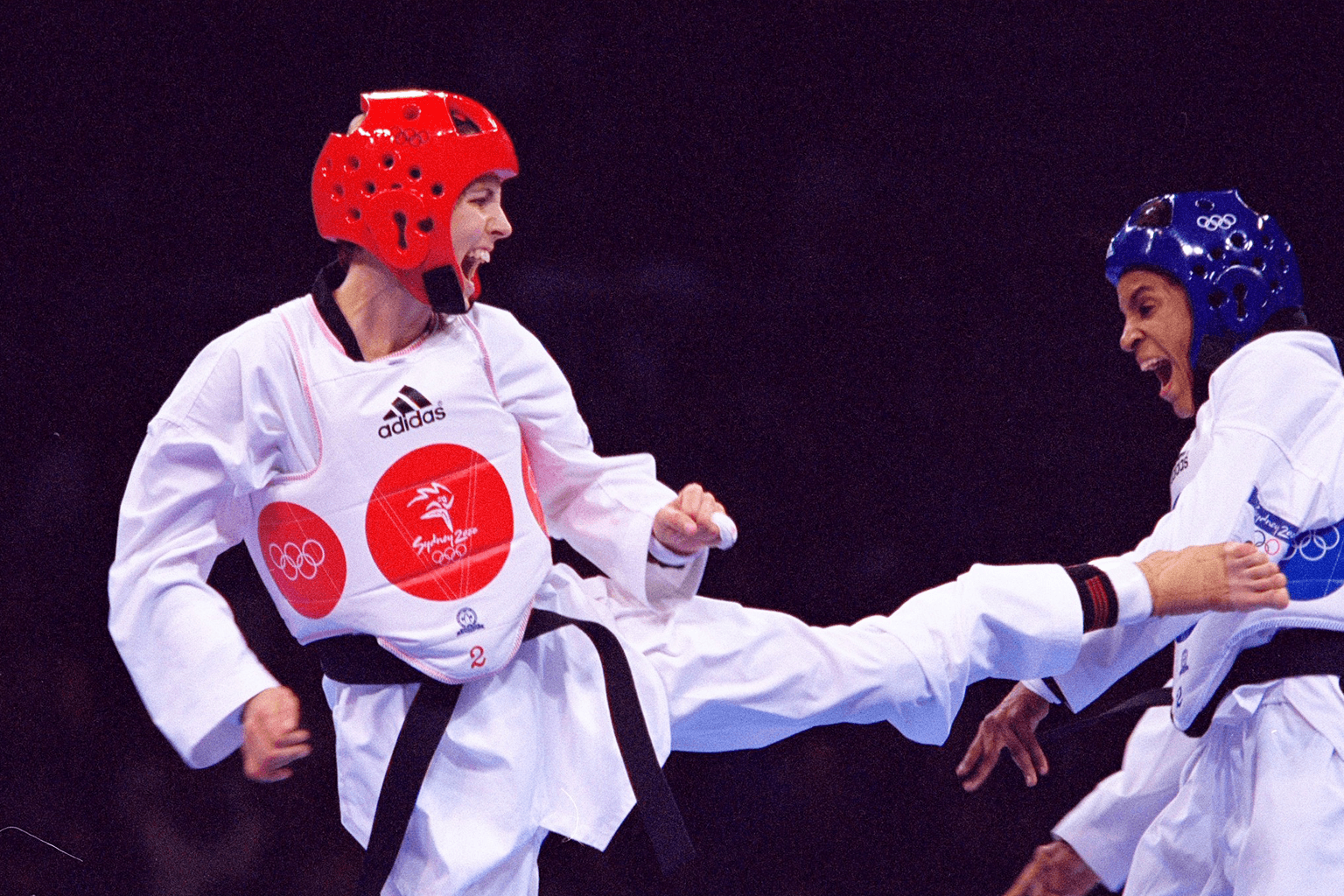15 July 2021
CONTENT WARNING: The podcast episode discussed below contains references to issues that some athletes and people in high performance sport may find troubling. If you need support, reach out to confidential services such as AIS Be Heard and the AIS Mental Health Referral Network. Details can be found on the AIS website www.ais.gov.au
Lauren Burns OAM knows what it means to rise to a challenge, claiming Australia’s first Olympic gold medal in Taekwondo when the sport made its debut at the Sydney 2000 Games. Having achieved her Olympic dream, Burns has added author, naturopath and nutritionist to her repertoire. She’s also recently completed a PhD at RMIT University which explored the link between lifestyle, mindset and elite performance.

When it comes to coaching, she says that challenging elite athletes in a supportive and respectful way is key to help them perform at their best when it really matters.
“My club coach always pushed me and challenged me, especially mentally, in ways that I never thought I could grow,” she tells Sport Australia’s Coaching and Officiating podcast. “But I always knew he had my back and he had my best interests at heart. I could say to him, this is too much, I always felt like there was a really open dialogue.”
As part of her research Burns sampled a cross-section of individual athletes who ranked at the top of their sport internationally. While there could be varying levels of natural talent versus development, she says, “intrinsic motivation was certainly something that was cultivated and developed in all those athletes.”
“Athletes want be to be challenged, and the coach wants to challenge them. You want people to grow and you want them to stretch. They need to have that respectful environment as well as to feel like they were supported.”
“The thing that really stood out to me was the importance of interpersonal relationships and how that can attenuate stress and how intrinsic that is to performance and those four elements of psychology, performance, relationships and lifestyle, it's like there's a dynamic interplay.”
She adds that for a lot of athletes, the support from one service provider, such as a physio, can make all the difference.
“I think about the role that the community has with regards to providing athletes, players, and participants with that ability to talk if they do need help. It can almost cultivate athletes and condition them for the one per cent that actually gets up to podium performance level.”
Sport Australia’s Coaching and Officiating podcast includes conversations with some of Australia’s leading sport coaches, athletes and officials and is available across popular digital services including Apple Podcasts, Google Podcasts and Spotify, as well as on the Sport Australia website.
Subscribe today to make sure you don’t miss an episode.